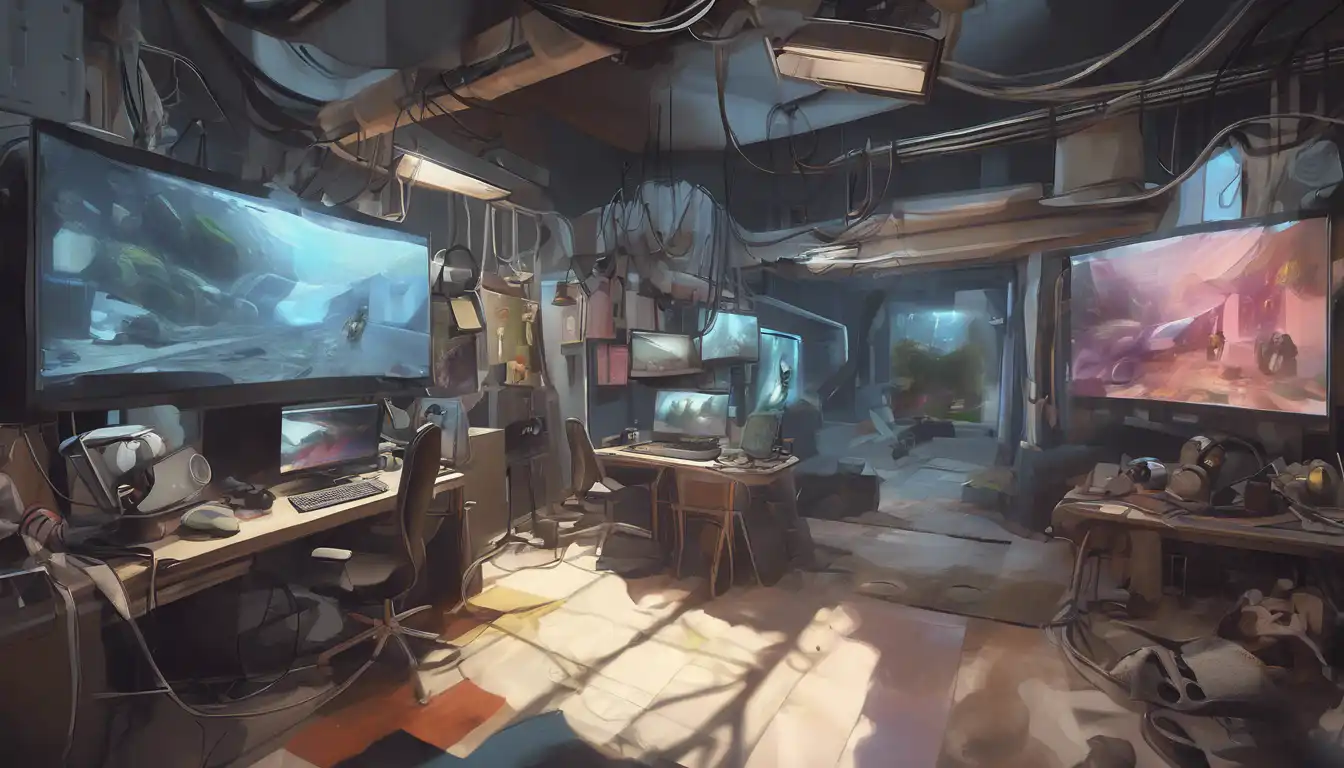Introduction to Virtual Reality Development
Virtual Reality (VR) development is an exciting field that combines creativity with technology to create immersive experiences. Whether you're a seasoned developer or a newcomer, getting started with VR development can seem daunting. This guide will walk you through the basics, tools, and resources you need to begin your journey in VR development.
Understanding Virtual Reality
Before diving into development, it's essential to understand what VR is. Virtual Reality is a simulated experience that can be similar to or completely different from the real world. Applications of VR include entertainment (e.g., video games), education (e.g., medical or military training), and business (e.g., virtual meetings).
Choosing the Right Tools
To start developing VR applications, you'll need the right tools. Here are some of the most popular VR development platforms and engines:
- Unity: A versatile game engine that supports VR development with plugins like Oculus Integration and SteamVR.
- Unreal Engine: Known for its high-quality graphics, Unreal Engine is another excellent choice for VR development.
- WebVR: For those interested in browser-based VR experiences, WebVR is a great option.
Learning the Basics
Once you've chosen your tools, it's time to learn the basics of VR development. This includes understanding 3D modeling, programming languages like C# for Unity or C++ for Unreal Engine, and the principles of user interaction in a 3D space.
Creating Your First VR Project
After getting familiar with the tools and basics, you can start your first VR project. Begin with something simple, like a virtual room or a basic interactive object. This will help you understand the workflow and challenges of VR development.
Testing and Iteration
Testing is a crucial part of VR development. Use VR headsets to test your applications and gather feedback. Iteration based on user feedback is key to improving your VR applications.
Resources for Further Learning
There are many resources available for aspiring VR developers. Online courses, forums, and documentation can provide valuable information and support. Some recommended resources include the Unity Learn platform, Unreal Engine documentation, and VR development communities on Reddit and Discord.
Conclusion
Starting with VR development is an exciting journey that opens up a world of possibilities. By choosing the right tools, learning the basics, and continuously testing and iterating on your projects, you can create immersive and engaging VR experiences. Remember, the key to success in VR development is persistence and creativity.
